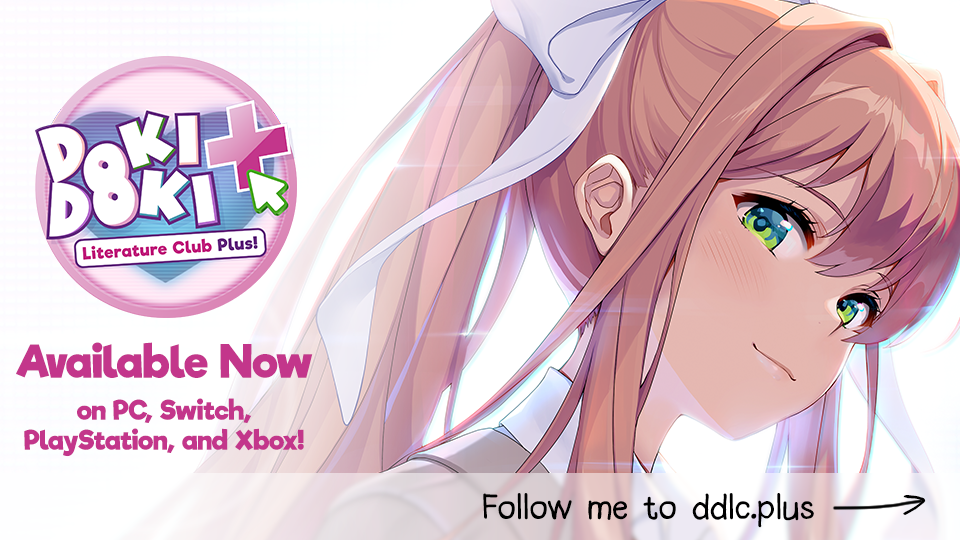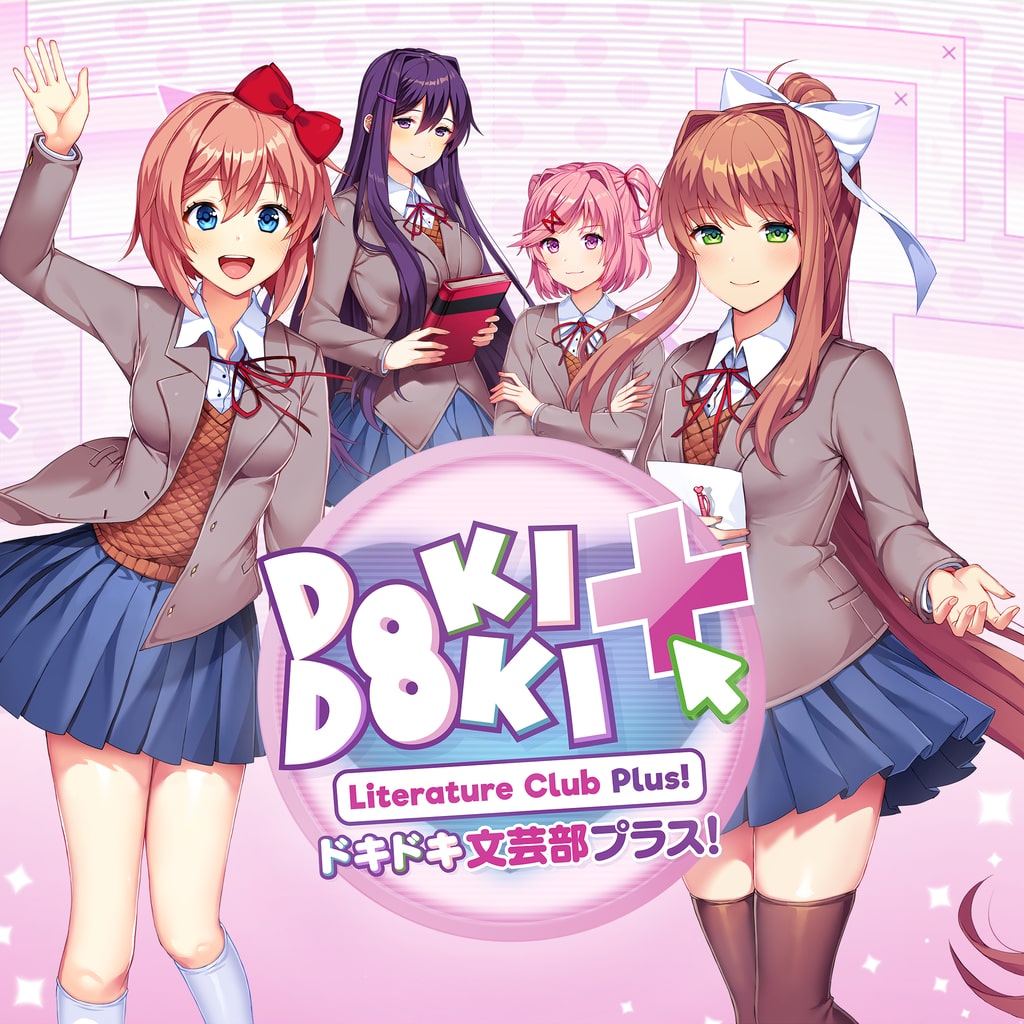


Each time you go to a literature club meeting, you're given a list of words with which your character will write a poem. or how to tinker with it.įor those who've yet to experience it and want to be spoiled: you kick off playing what appears to be a three-route dating sim with a very simple function to "choose" your girl.

That is: this a game whose entire message hinges on choice, the illusion thereof, and the breaking of programming - on multiple levels.ĭespite how heavily the story and operation of the game rests on its coding and structure, you don't actually ever need to have had your fingers in Ren'Py code to comprehend what's going on. But taking apart the structure and delving into just how much you can tamper with the game reveals a surprise level of brilliance that was lost on me at first, even though it's something I have lots of opinions about in other games. That's like the mug cake of indie game popularity. I mean, yes, it's going to attract a cult following because it mixes Cute and Gory. It took three playthroughs, some game guides, and watching someone else's let's play before I really landed on what hits me most about this game. And as someone who plays visual novels for fun, works on visual novels for a living, and writes for a living, there are multiple angles to it that grab my attention. Not because I dislike what I wrote before, but because the deeper I delve into Doki Doki Literature Club, the more I find fascinating about it. I have written and rewritten this article approximately five times at this point. If you want to approach it unspoiled, please do not read on. Note: This article is spoiler-full, both for the sake of discussion and as a warning to those who might be affected by the game's more "unexpected" elements.


 0 kommentar(er)
0 kommentar(er)
